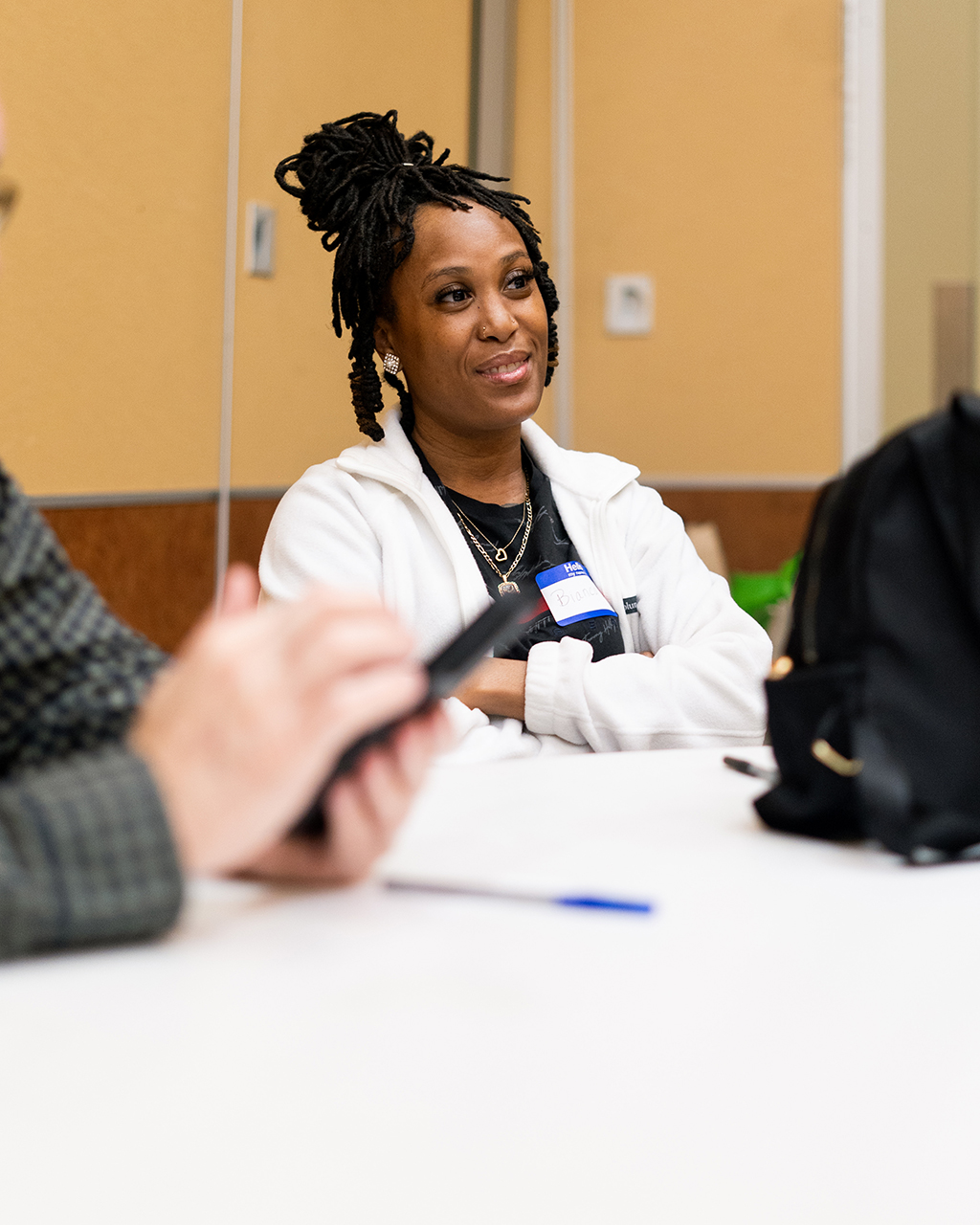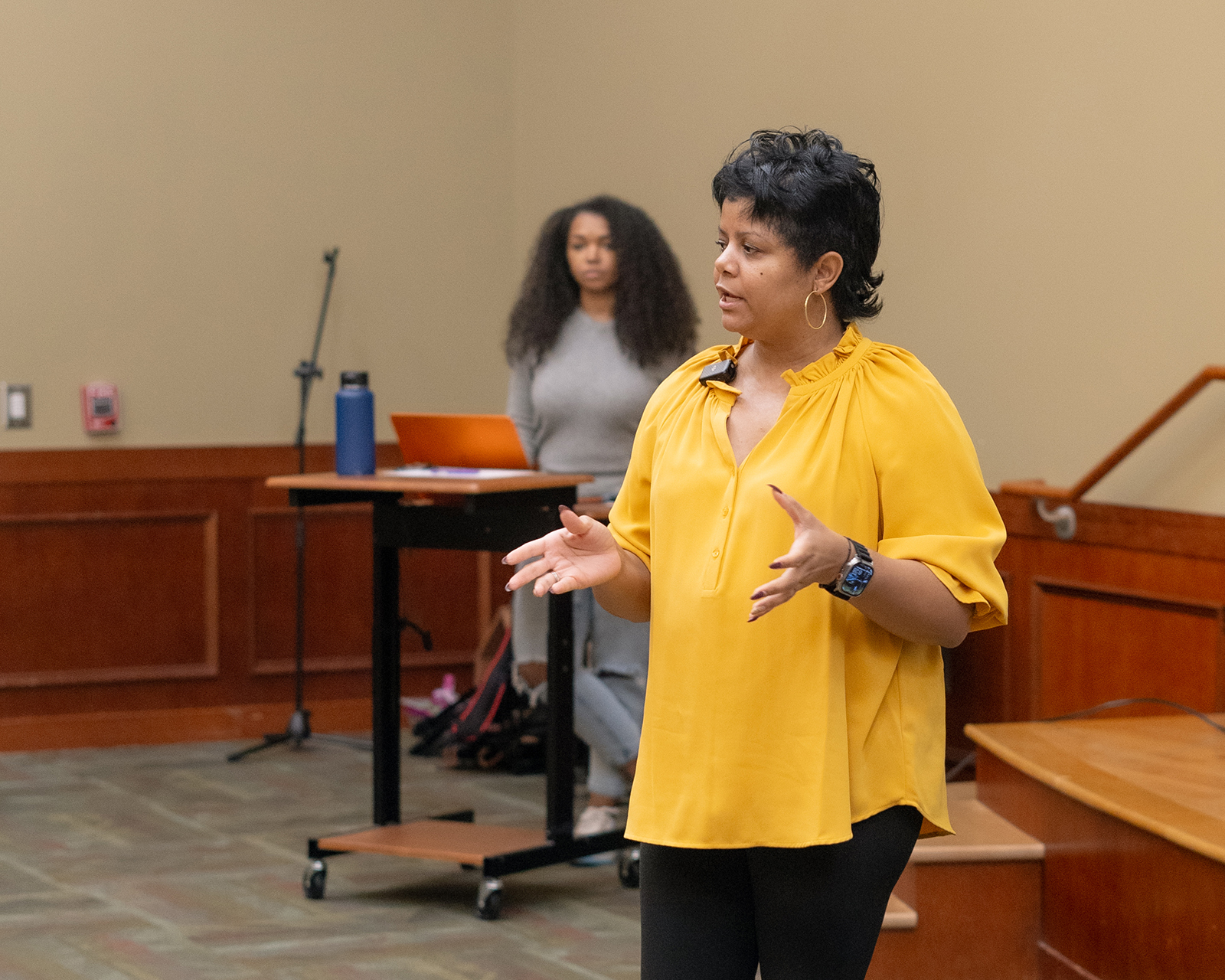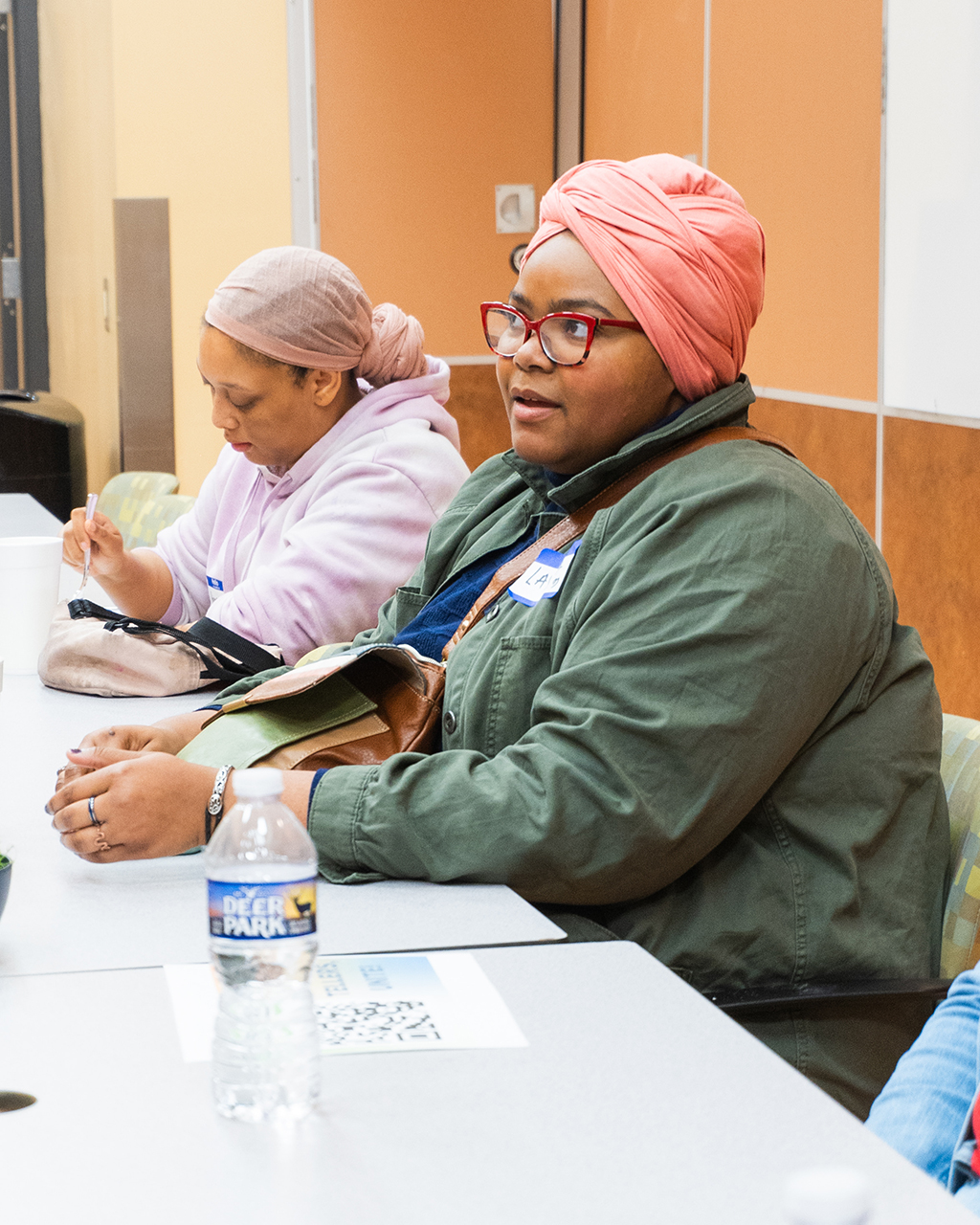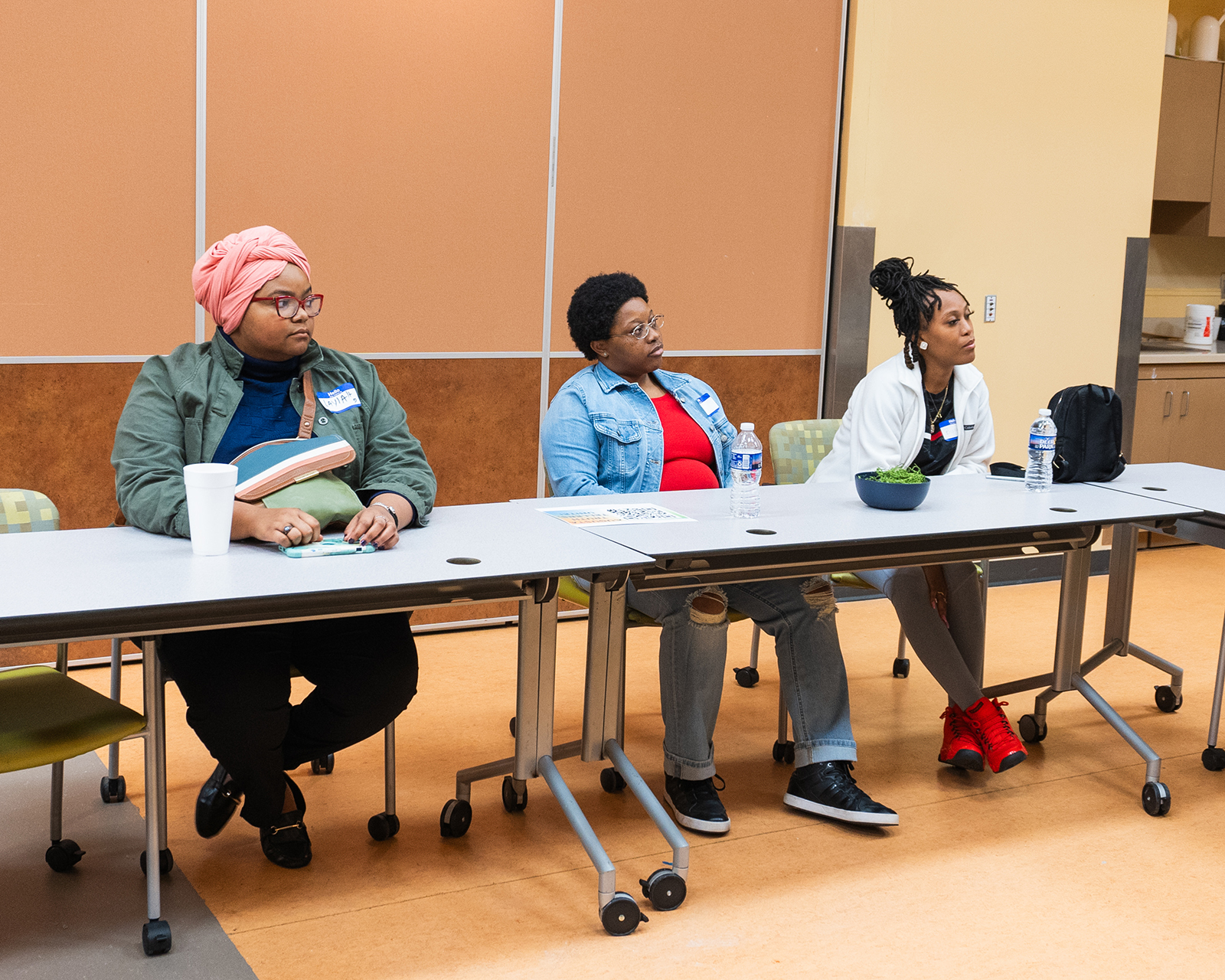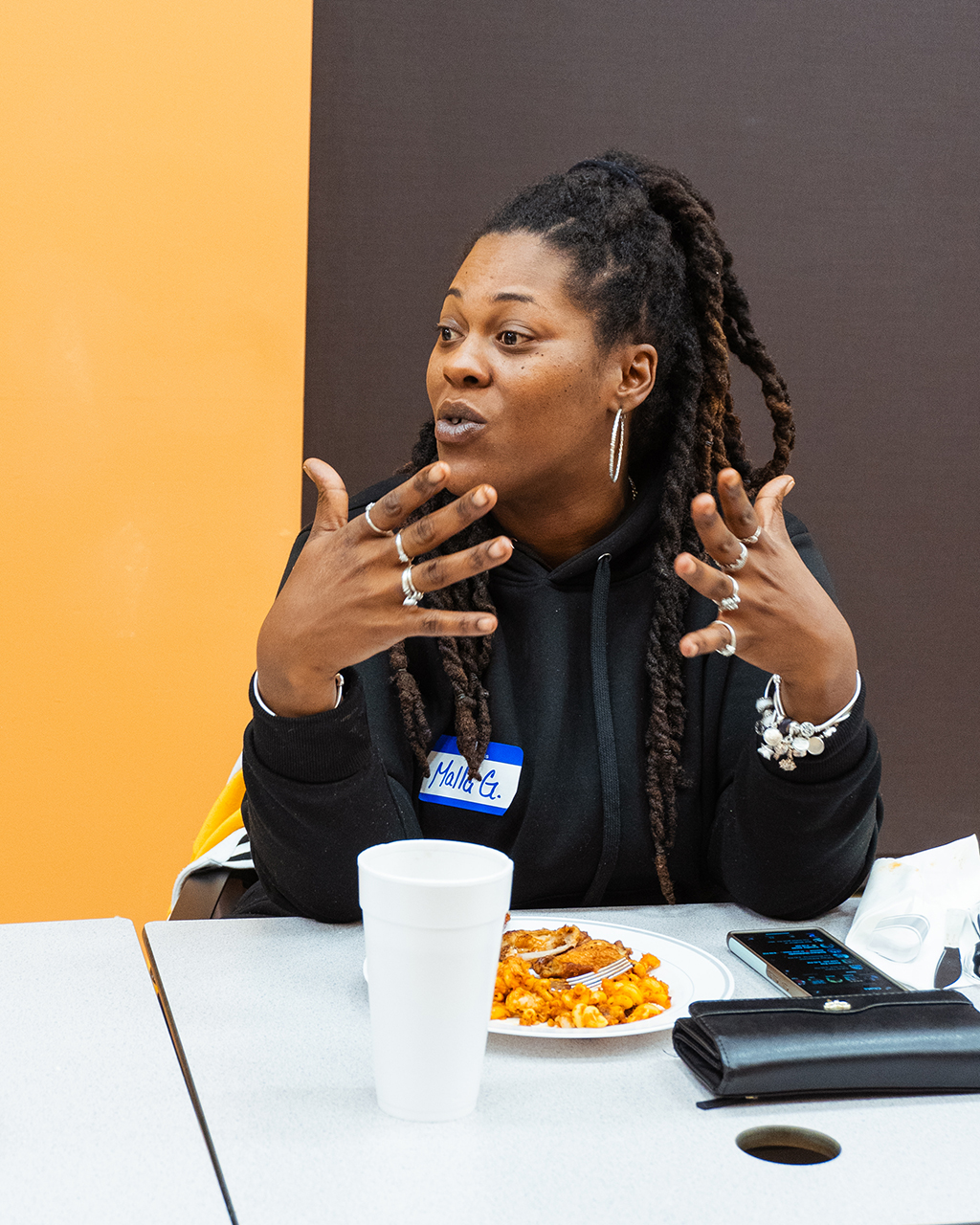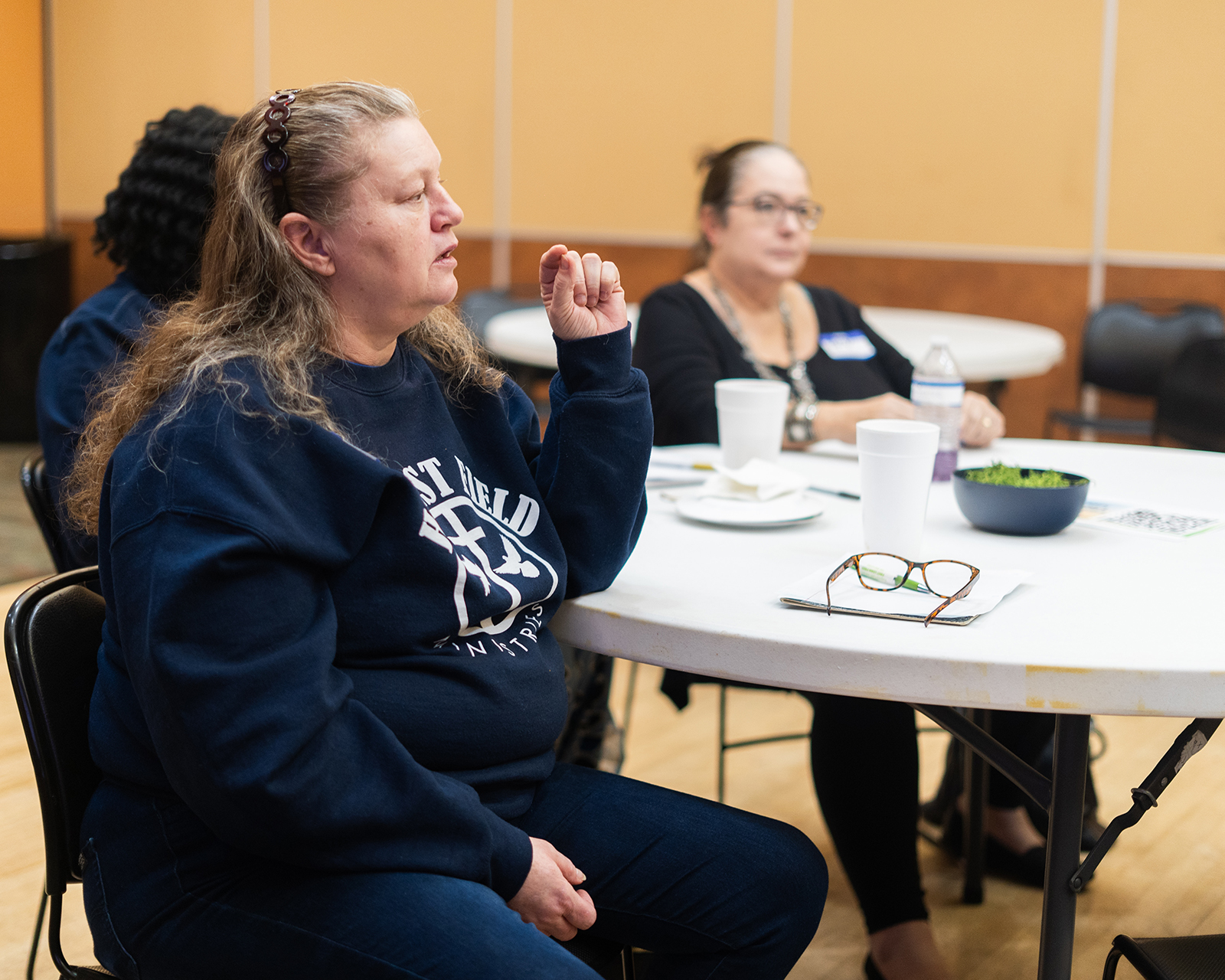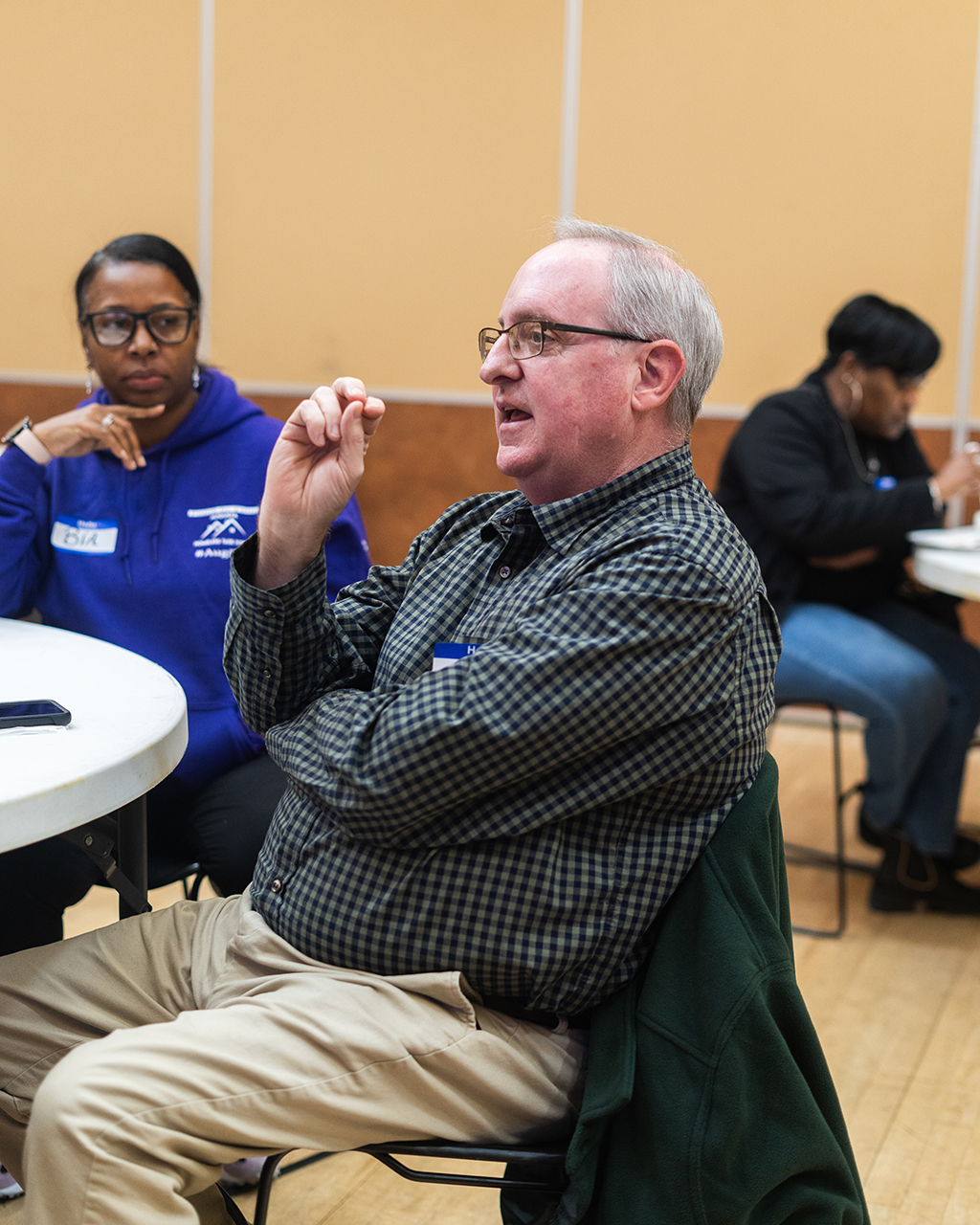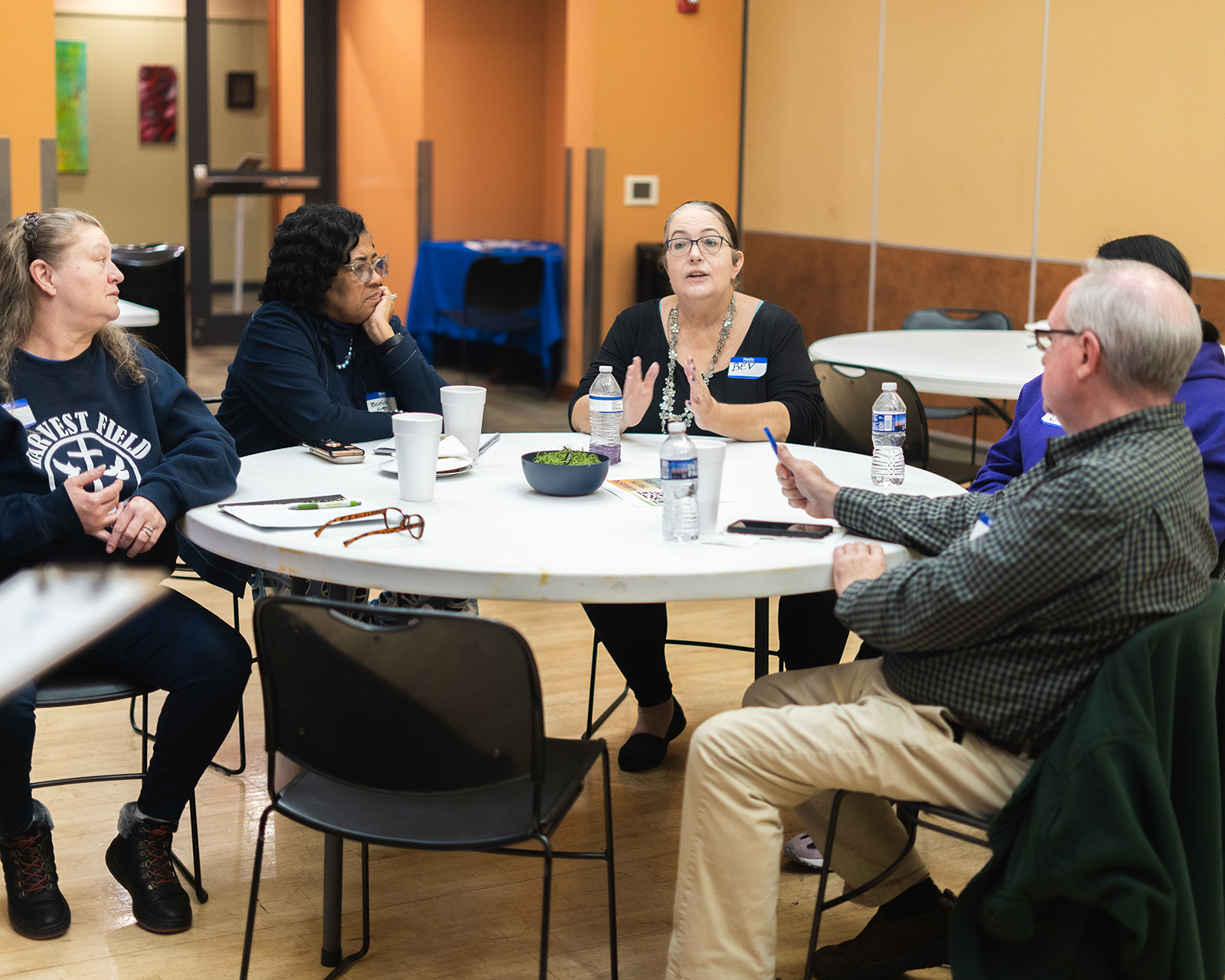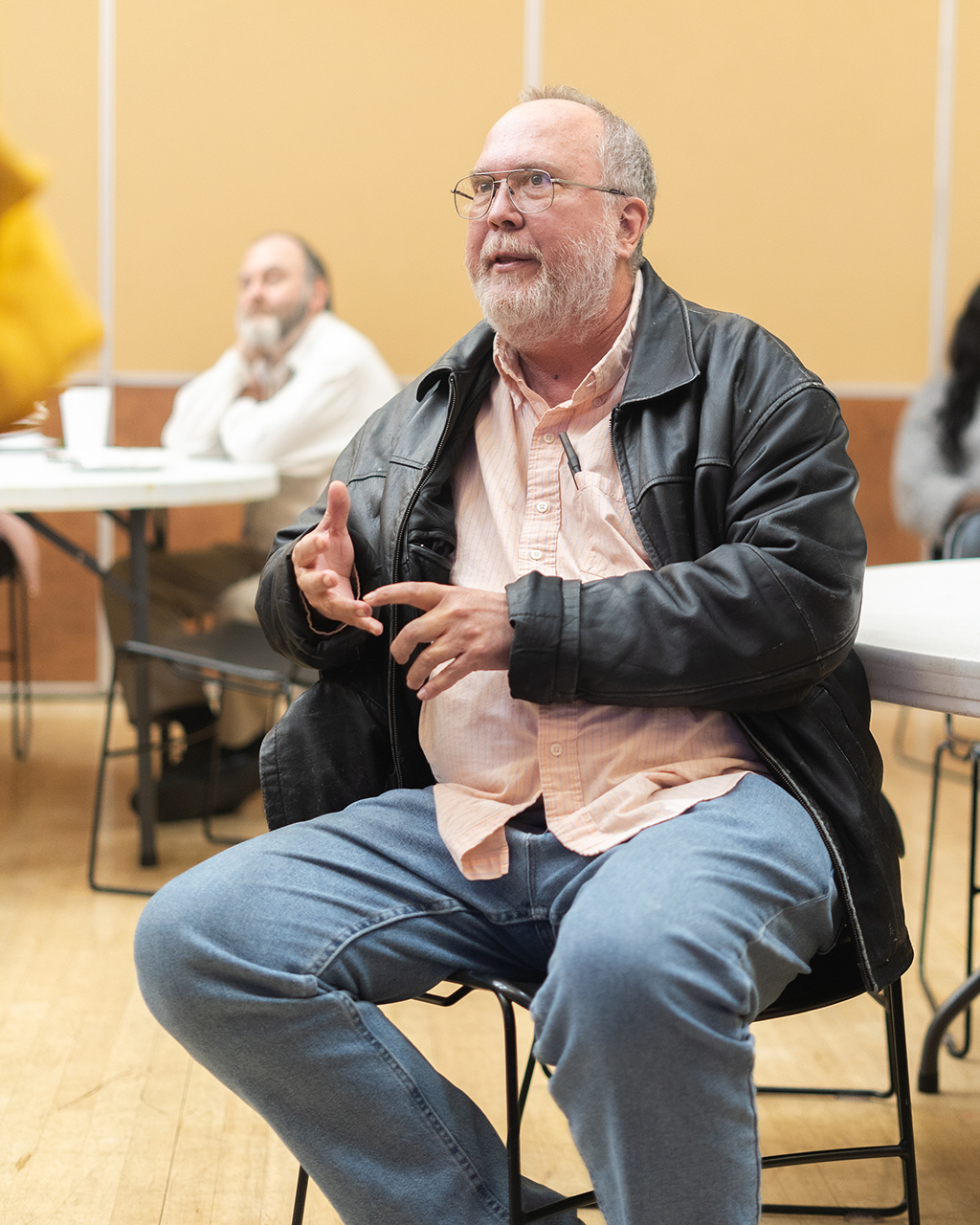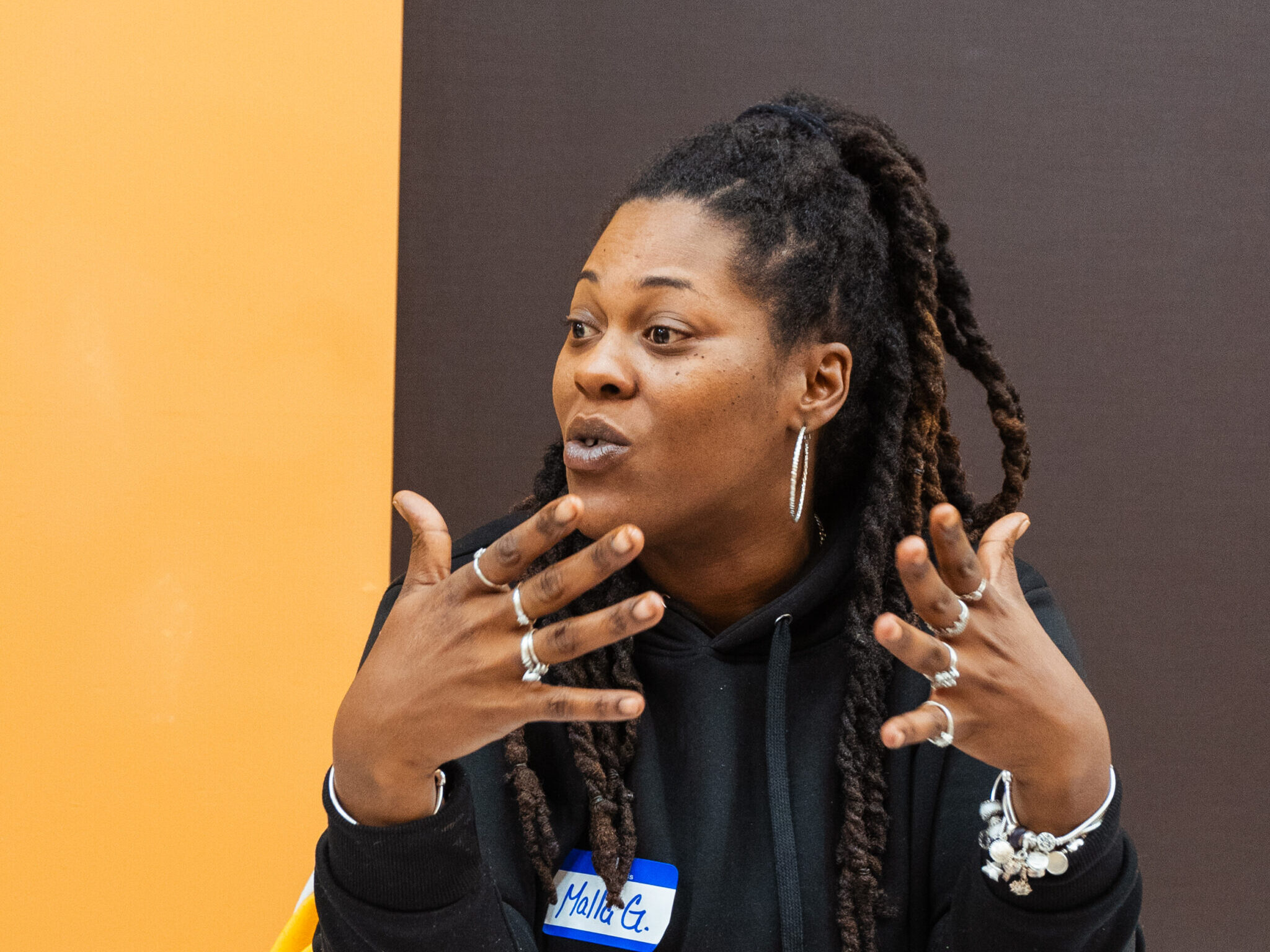Augusta
Top Issues
“They don’t have any people who are covering them, so people don’t know where to go for like child care or advocacy.”
Housing
While the lack of affordable housing has become a problem in many parts of the country, Augusta citizens seem keenly aware of this issue and its impacts. While residents notice a large number of new apartments and other buildings popping up around the city, they note that the unhoused population is still an ever-present part of the community. In addition, they reported that new construction tends to raise housing costs while allowing older, more affordable buildings to become abandoned, decayed, and often infested with rodents and other pests. Finding solutions to the housing crisis, especially tactics like rent control, is high on Augusta residents’ minds.
Inflation
The effects of inflation on food prices have taken a toll on Augusta residents. This, coupled with the lack of access to quality, affordable food, has created food deserts in many areas around Augusta. Like in many historically Black communities, Augusta residents also mentioned poor water quality as one of their major concerns. Overall, panelists believed Augusta lacks the infrastructure necessary to meet their basic needs.
Inequality
Augusta currently faces a unique economic situation. Although several large institutions are in the area, including multiple teaching hospitals, an HBCU, a world-renowned golf club that hosts major golf events, and a major military base, many longtime citizens do not feel the positive economic effects of having such institutions in the area. Augustan participants shared their struggles with a lack of job opportunities, especially for young folks and veterans, and rising income inequality because of Georgia’s low minimum wage. Building a healthier, more equitable community will require more community-based services and higher pay for those struggling to make a living in Augusta.
Media
“The news that’s put out there isn’t reaching people where they are. If I have three kids who are sick, and I got to pay my bills, I’m not worried about who’s coming to town.”
Local News Sources
Like in many other communities in Georgia, local news sources play an important role in keeping residents informed on upcoming events and community services in Augusta. Participants also mentioned watching local news or reading their local paper, The Augusta Chronicle, to keep up with local and international news. Despite its popularity, some were concerned that their local news sources had been bought by national organizations, seemingly making them less likely to provide unbiased information.
Community Influencers
In addition to local news, residents also mentioned several influencers and community members who help share information about local news in Augusta. These influencers included a variety of sources, including churches, community social media accounts, and local social media stars. However, like local news stations, many residents were concerned about the quality of their reporting and felt they were often biased or chasing the next sensationalized story.
Major News Outlets
While some prefer more local sources, others rely on national and international news outlets for their information. Folks who preferred national coverage seemed to be looking for information they wouldn’t find in other places, such as business or international news. While both older and younger participants mentioned major news outlets, both were still concerned about bias in their news coverage.

